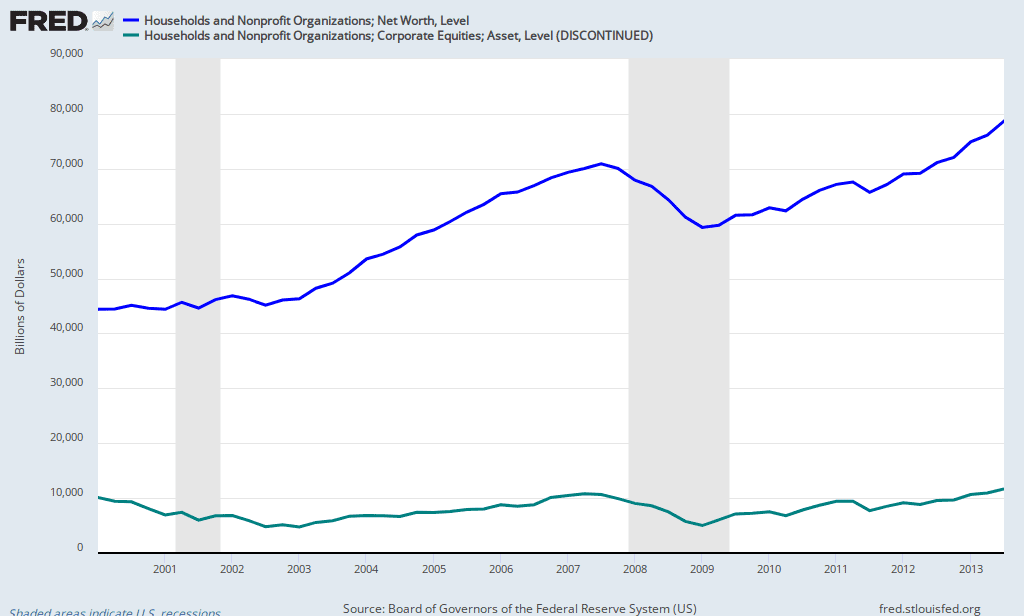Publius1787
Gold Member
- Jan 11, 2011
- 6,211
- 676
- 190
- Thread starter
- #41
Sorry. Blame it on spellcheck and an iPad keyboard.
My point is wealth was once created by creating things. Now, wealth is created by making a killing in the market. Which is more sustainable, accessible and noble?
What do you think that money in the market does?
Money as in actual coinage and Bank Notes or virtual values whose actual value does not trickle down to those who actually create the wealth?
Either/Or


